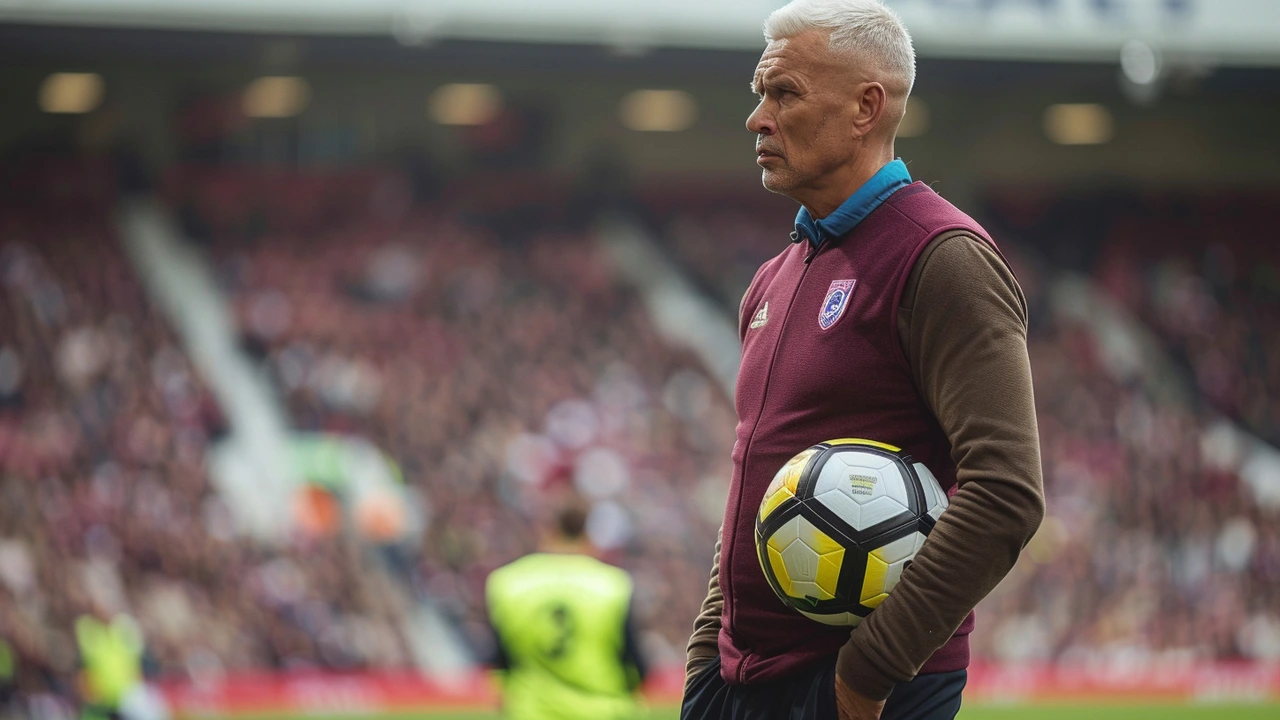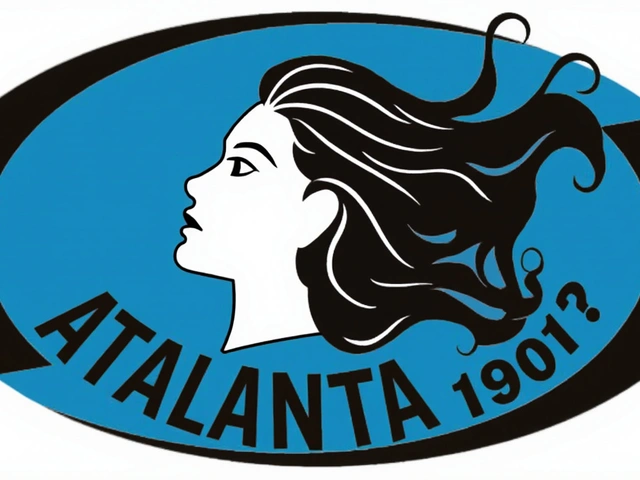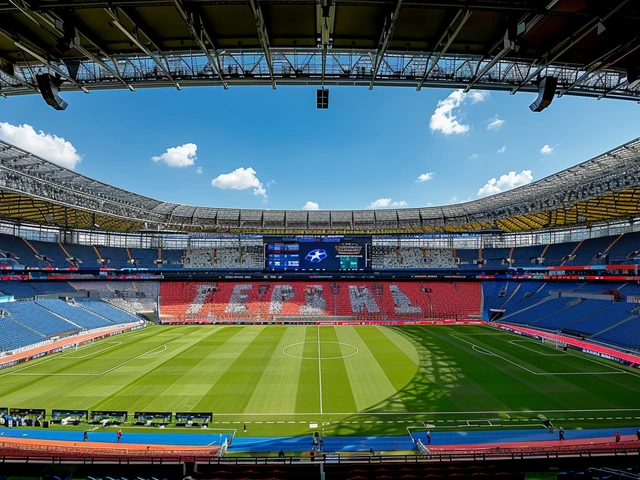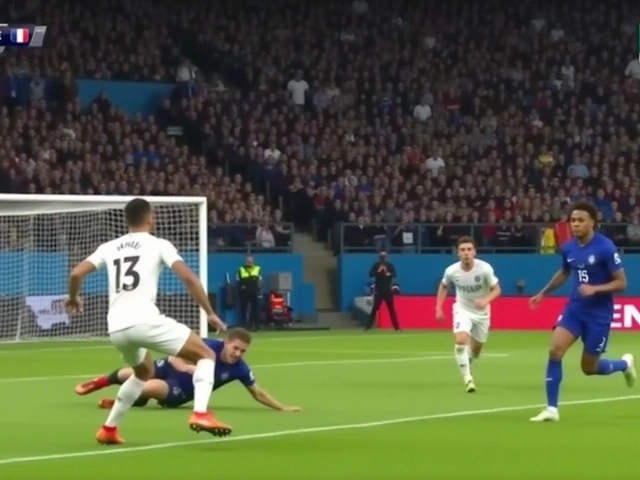David Moyes' Transformative Tenure at West Ham
As David Moyes prepares to leave his managerial post at West Ham, he takes a moment to reflect on his impactful tenure with a sense of pride and accomplishment. Moyes, who has become synonymous with resilience in the Premier League, managed to transform West Ham United from a team battling relegation to one consistently vying for European competition. This transformation wasn’t incidental but the result of deliberate, strategic changes implemented over his tenure.
When Moyes re-joined West Ham in December 2019, he inherited a team that was struggling near the bottom of the league table. His mission was clear and daunting: steer the club away from the relegation zone. However, Moyes’ vision extended beyond mere survival. He aimed to build a stable, competitive team that could stand shoulder to shoulder with the top teams in Europe. This objective might have seemed ambitious at the time, but Moyes’ strategic insights and leadership have indeed paid dividends.
Building a Competitive Team
The primary strategy Moyes employed was building a cohesive unit that could execute his vision on the field. He focused on fortifying the team’s defense, enhancing team cohesion, and integrating young, dynamic talents with experienced players. Under his guidance, West Ham began to see a significant improvement in their performance, culminating in a sixth-place finish in the Premier League in the 2020-2021 season, securing a spot in the Europa League.
Moyes emphasized the importance of having a clear game plan and ensuring that the players were adaptable and resilient. His management style, often described as meticulous and detail-oriented, helped inculcate a strong work ethic among the players. Moyes' approach not only transformed the squad's on-field performances but also reinstated a culture of ambition and success within the club.
The Impact of Longevity in Leadership
Moyes credited much of the club’s success to the stability brought about by his prolonged tenure. Drawing comparisons with legends such as Sir Alex Ferguson and Arsene Wenger, Moyes highlighted how longevity can lead to a deep understanding of the club and the cultivation of a successful footballing philosophy. Managing over a thousand games in the Premier League, Moyes joined an elite group of managers who have profoundly impacted their respective clubs over extended periods.
Stability is not achieved overnight, and Moyes recognizes the trials and challenges that came with it. From dealing with injuries and dips in form to navigating the complexities of the transfer market, every hurdle required a focused strategy and an unyielding commitment to the club’s vision.
Looking Towards the Future
As Moyes prepares to take a well-deserved break, he looks forward to his future endeavors, which may include engaging with the football community through media work. He expressed interest in potentially working with outlets like BBC and TalkSport during the Euros, indicating his enthusiasm to remain connected to the world of football. His departure might be bittersweet for many West Ham fans, but Moyes feels secure in the knowledge that he leaves the club in a much stronger position than when he started.
David Moyes’ tenure at West Ham has been more than just a job. It was a mission to revive a struggling team, transform them into European contenders, and leave a legacy of resilience and stability. As he steps down, he takes comfort in knowing that the foundation he built provides a platform for future success.
The end of Moyes’ era at West Ham marks a significant chapter in the club’s history. As the club looks to the future, the impact of his tenure will undoubtedly be remembered as a pivotal period of growth and achievement. West Ham’s journey under Moyes' stewardship has been one of transformation, challenges, and ultimately, triumph—a narrative that mirrors the undulating nature of competitive football.















